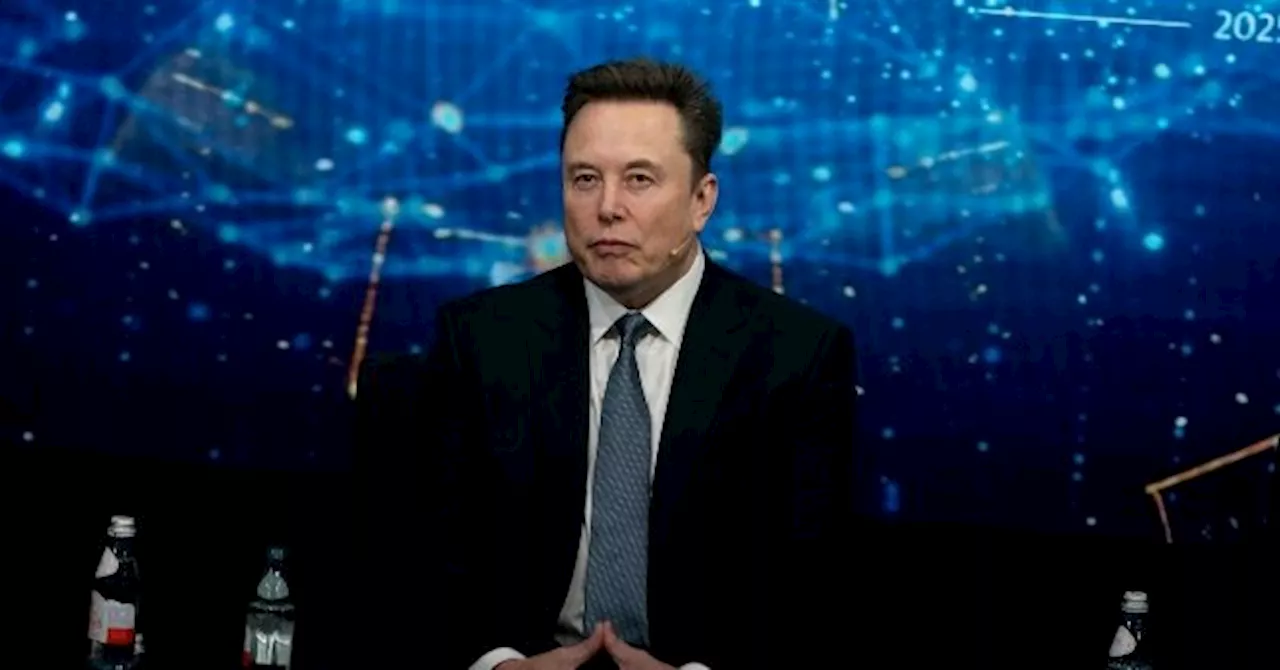Elon Musk has presented a transformative vision for the future of work and money, predicting that by 2043, employment may become optional and currency could lose its significance. Speaking at the U.S.-Saudi Investment Forum in Washington, D.C., Musk outlined a future dominated by artificial intelligence and robotic automation, suggesting that individuals might engage in work solely for personal fulfillment, much like gardening.
Musk compared future employment to the decision-making process involved in tending to a vegetable garden. He stated, “My prediction is that work will be optional. It’ll be like playing sports or a video game or something like that.” He emphasized that in a world filled with advanced AI, the choice to work will mirror the choice to cultivate one’s own vegetables—a task that some may find rewarding despite its challenges.
Automation through Musk’s Optimus robots is central to this future. He believes that the integration of millions of robots will significantly enhance productivity across various sectors. Musk has a personal stake in this vision, aiming for 80 percent of Tesla’s value to derive from its robotic innovations. Despite facing production delays, he remains optimistic about the potential of these humanoid bots to reshape the workforce.
Concerns persist regarding the implications of this envisioned future. Many fear that widespread automation could lead to job displacement, particularly affecting entry-level positions. This issue is particularly relevant for younger generations, such as those from Generation Z, who are already grappling with stagnant income growth. Nevertheless, Musk is confident that in his proposed landscape of optional work, financial concerns will dissipate.
Musk’s ideas draw inspiration from the science fiction works of Iain M. Banks, particularly the Culture series, which depicts a post-scarcity society where traditional employment is obsolete. He noted, “In those books, money doesn’t exist. It’s kind of interesting. And my guess is, if you go out long enough — assuming there’s a continued improvement in AI and robotics, which seems likely — money will stop being relevant.”
During a separate appearance at Viva Technology 2024, Musk mentioned the concept of a “universal high income” as a potential means to support a society where work is not necessary. Yet, he did not elaborate on how such a system would operate. This idea aligns with the views of other tech leaders, including Sam Altman, CEO of OpenAI, who has advocated for universal basic income. This approach proposes regular, unconditional payments to individuals, which could alleviate the economic pressures associated with job loss due to automation.
Musk’s assertions provoke a mix of enthusiasm and apprehension. While he envisions a utopian future powered by technology, critics emphasize the need for concrete plans to address the socio-economic challenges that may arise from such dramatic shifts in the labor market. As the conversation around the future of work continues, the intersection of technology, economy, and social equity remains paramount.
